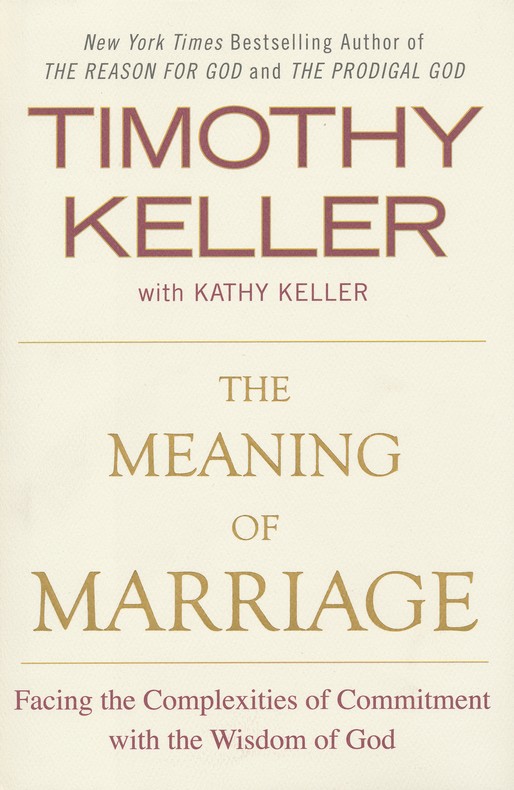I learned a valuable lesson about temptation this week…from a four-year-old, no less.
My brother and sister-in-law were having a few families over for a party, and Lyla, being the little social planner she is, had a vision for the party décor that afternoon. And it did not involve the pirate ship. You see, Mom and Dad had decided to put the play ship in the basement so all the kids could play in it during the party, but Lyla didn’t think it would quite jibe with the vision she had for the basement. (She’s really four. I kid you not.)
And when that girl gets an idea in her head, you can be assured she’ll put up a Captain Hook-worthy battle to try to get her way. Sure enough, she argued with Mom and Dad, landing her promptly in her bedroom to take a rest and think about it.
When it was time to get up, she said to my brother, “Daddy, during rest time I told myself, Think, think, think! And then I decided it was a bad choice to talk back about the pirate ship.”
After my brother picked his jaw up off the floor, he and Lyla made their way downstairs to find just the right spot for the pirate ship. He was pleasantly surprised that more was sinking in to this strong-willed girl’s heart than he’d realized.
But.
The thing about four-year-olds is that they remind us, not so gently, of our humanity.
Just a few hours after my niece’s epiphanic moment, my brother noticed that the basement was just a little too quiet, so he went downstairs to check on Lyla and her two-year-old brother. He arrived just in time to see the two of them scampering down from the tall chair Lyla had dragged across the basement floor. Then he looked up on the counter and saw the evidence.
The giant chocolate chip cookie my sister-in-law had made for the party had two sets of little fingerprints smeared all over it…not to mention some undeniable lick marks. (No doubt they thought they’d get away with it since they hadn’t taken a bite, after all…)
I couldn’t help but laugh (one of the perks of being the non-parental figure), but it wasn’t long before I started pondering how much Lyla sounded like me when it comes to dealing with temptation. How is it that in one situation I can tell myself, Think, think, think and overcome a bad choice, only to cave on something else just moments later, having apparently forgotten everything I’d just learned? And who do I think I’m fooling anyway, assuming God will never notice my fingerprints smeared all over a spot I had no business being in the first place?
If the Bible is any indication, Lyla and I aren’t alone in this. The apostle Paul puts it this way:
I don’t really understand myself, for I want to do what is right, but I don’t do it. Instead, I do what I hate. . . . And I know that nothing good lives in me, that is, in my sinful nature. I want to do what is right, but I can’t. I want to do what is good, but I don’t. I don’t want to do what is wrong, but I do it anyway.
—Romans 7:15-19
Thankfully there is grace the likes of Paul, who wants to do right but can’t.
There is grace for the likes of me, even as I take two steps forward and one step back.
And yes, there is grace for the likes of strong-willed toddlers. Even those of the cookie-licking variety.







